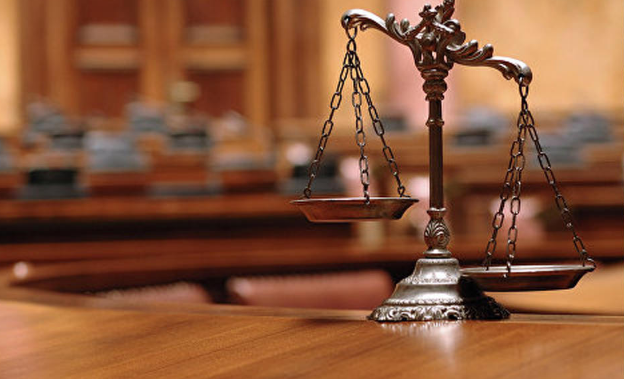The rationality behind using a mock jury to prepare for a trial is to have all arguments and evidences prepared by an attorney evaluated by the potential jurors who vent their views on the information they are provided with in a way that will improve the evidences and arguments. For the most part, there are mixed reactions from different juror- that is to say, there is disparity in how each juror approaches a situation for reasons such as demographic, personal interest, experience and all that stuff. From juror to juror, it could either be fair or foul. Given the fact that this has become a convention in the process, effort has to be made to make something good out of every bad reaction:

Why did the plaintiff delay to file a suit?
Depending on the circumstances surrounding a case, a plaintiff may decide to delay a suit. That is somehow rational but a juror may use the delay to his or her own advantage. Delay could be considered a flaw by a juror. In litigation, delay is said to be dangerous for the fact that the longer a plaintiff takes to file a suit, the less justifiable is the claim. The council may decide to render a verdict to terminate a delayed claim. By and large, a claim filed for medical malpractices is considered void if the plaintiff delays more than the legally stated time for that.
Your information doesn’t hold water
Most jurors view things from the layman’s perspective not professional angle because they have no legal background. For that it is common to hear a juror say that the information you have presented doesn’t hold water. The layperson’s way of approaching situation works with common sense, the only tool a juror is handed with in mock trial process. A professional lawyer would avoid the of common sense for their own good. As much as the common sense thing may not work in complex cases, it might do for others. A juror may pose a question or say something that sounds absurd or out of the box of legal jurisdiction. But it is good to see to every juror’s questions to prevent some ideas that could be of great essence from slipping through the crack.
How much are we to pay?
For the fact that a mock jury selection is unbiased and the individuals are pooled from different background, it is not unlikely to find one that is not legally inclined to spot the difference between a damage and causation. A lay juror may thinking out of the box of rewarding for causation without looking for the proof of causation or a motive that would dispose the liability for causation. A juror may not look at things from the perspective where a liability for damage is to be countered with disposed liability. The best legal practice requires that a proof of liability be presented by a claimant before any reward can be negotiated.